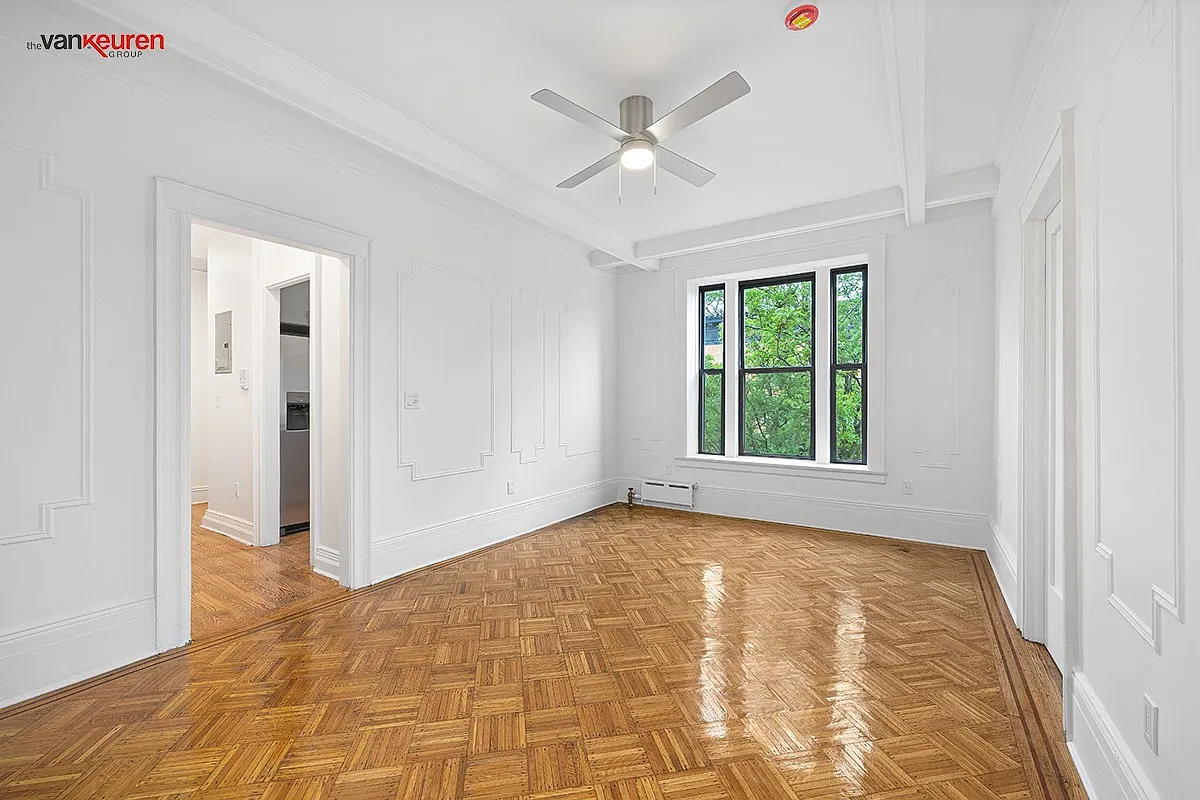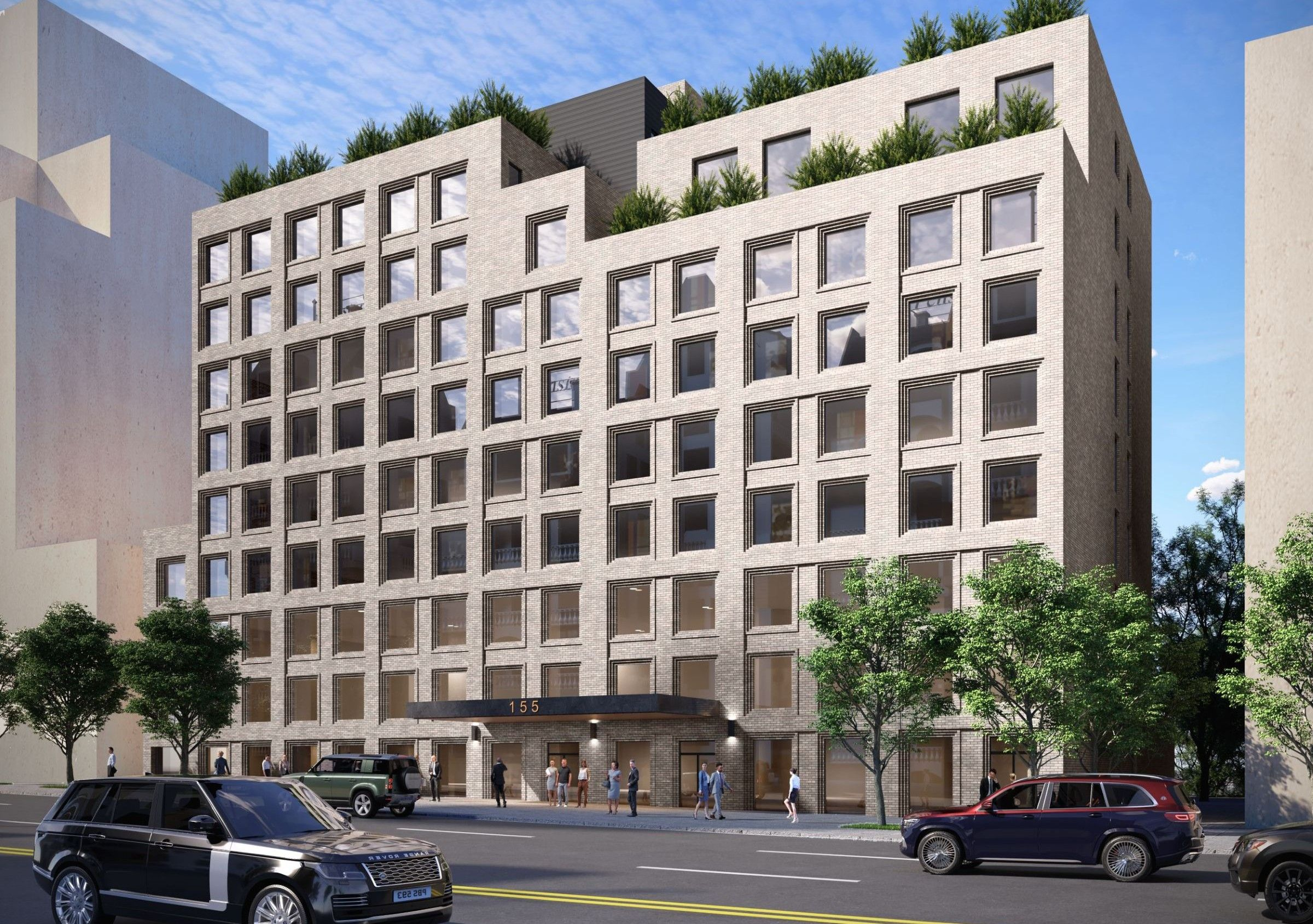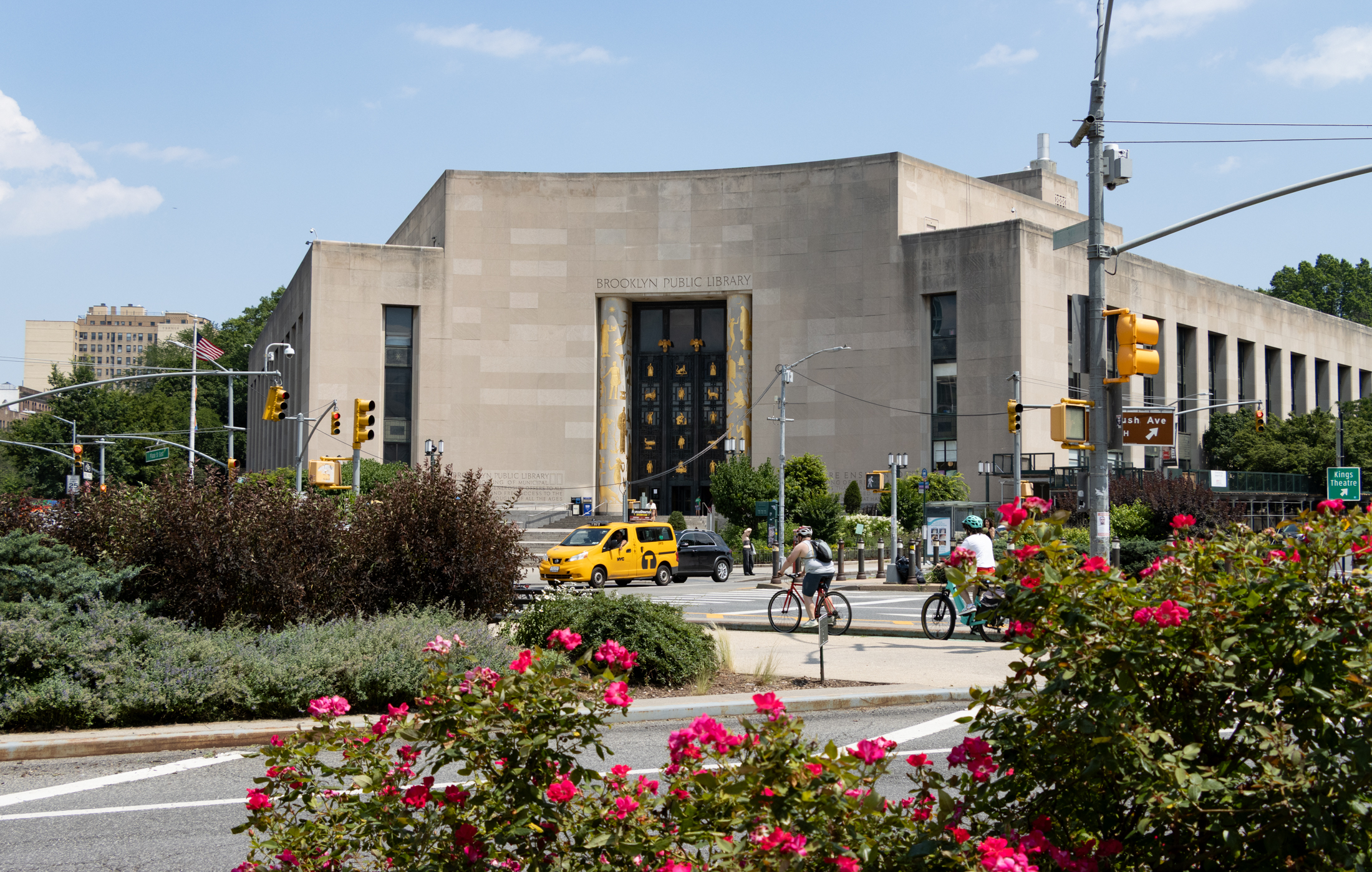Dip in Home Sales Sign Market Has Turned?
August 24, 2005, NY Times — The nation’s long housing boom appears to be losing steam. Sales of existing homes fell more than expected in July and prices were virtually flat compared with the previous month, the National Association of Realtors reported yesterday. Perhaps most significant, the price of condominiums, which have recently attracted a…
August 24, 2005, NY Times — The nation’s long housing boom appears to be losing steam. Sales of existing homes fell more than expected in July and prices were virtually flat compared with the previous month, the National Association of Realtors reported yesterday. Perhaps most significant, the price of condominiums, which have recently attracted a growing number of speculators looking to cash in on the boom, fell for the second straight month, while the number of condos on the market rose sharply. “We could very much be close to the peak at this time,” said Lynn Reaser, chief economist at Bank of America’s capital markets group.
July Slowing Stirs Talk of Peak [NY Times]





To Alo 6:31pm, great points. Thanks.
I’d love to say this bubble is like all the others, but there are some scary deviations:
1. In past bubbles, the housing market and dependent industries (construction, suppliers etc.) were not such a critical part of the economy. This time, it is housing itself that is propping up the economy and spurring growth and our feelings of wealth. To expect the economy to hum along if housing flattens or declines is like expecting your car to hum along without its engine.
2. In past bubbles, you had to have a decent downpay and good credit. Now if you have a pulse you can get a mortgage. The risk and debt we have accumulated (including cash-out refis) in this bubble is astronomical and unprecedented.
3. In past bubbles, the national savings rate wasn’t 0, and our revolving credit debt was not nearly this high.
Add in the price of oil and the war, and we’ve got more reasons to proceed with the utmost wariness and caution here than any past “cycle.”
buyer on the sidelines (10:38)
Have you been renting all these years? Ha!
Could that housing bubble anon at 3:22 (and likely DN at 3:20, as well as DN replying to the newest post at 5:07) be any more persistant in posting that blogspot blog? Sheesh! Enough already!
Yeah, that was a great site, especially for the bigger picture…we sometimes forget that places outside NYC exist!
The suggestion to check out http://thehousingbubble2.blogspot.com
was excellent.
Re: Anonymous (at 12:40 PM) telling me to check my facts, a quote from the Bloomberg article:
“Average prices of newly built homes in London have fallen 24 percent this year, to 530,293 pounds in July, according to Smartnewhomes.com, which advertises the residential properties for 85 percent of U.K. developers. ‘Prices are going nowhere and homebuilders are using a whole range of incentives to try and draw people in — free carpets, furniture, legal fees, deposits — you name it,’ says Mark Hughes, 34, a Liverpool-based Numis Securities analyst who covers 20 U.K. homebuilders.”
Prices of new homes have dropped. How are my facts wrong?
About rates, that’s true, but the Fed will keep raising them (they have said this explicitly) and the banks won’t be able to hold down interest rates much longer. In a year or two, they could be at 7% or higher and will certainly be going above 6 by next year. This will affect fixed and adjustable mortgages.
By the way, 7% is still low, as rates were in the double digits in the 1970s and 1980s. But an adjustment to 7% is a shock to people paying adjustable rates because they can barely afford the mortgage.
Better check your facts Sloper.
PRICES in London have NOT decreased – its the number of sales that have decreased.
And Britain does not have fixed rate mortgages and their adjustables have gone up. Here – although there are people who do take out adjustables…. most are still fixed and even with Fed rate increases – fixed rates are not higher than a year ago.